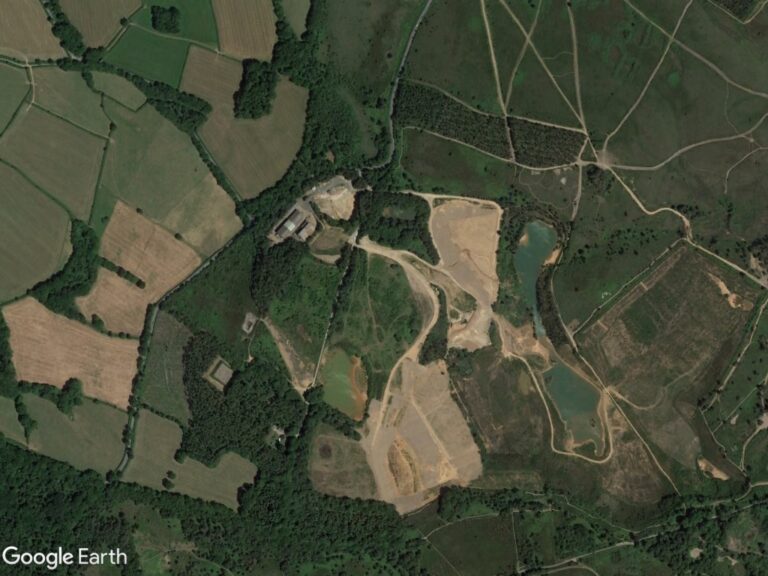Keeping the lights on for local people and helping secure a cleaner future
Clinton Devon Estates is supporting moves towards a cleaner future with proposals for a local reserve power plant at Liverton Business Park, Exmouth.
At times of peak electricity usage, power supplied to the National Grid by traditional power stations and renewable energy sites can be insufficient to fully meet demand.
Reserve power plants are small, unmanned gas-fired power stations which can operate for varied periods of time to provide backup power to the grid. A typical reserve power plant is designed to fire up within minutes, responding flexibly at times of peak demand to ensure uninterrupted power supply in the local area.
Renewable energy sources of solar and wind power are more variable than the traditional large-scale fossil fuel power stations they are replacing, at times this results in intermittent supply.
As an increasing proportion of the UK’s total energy supply is derived from renewable sources, demand for the backup power provided by reserve power plants is correspondingly increasing.
The burning of coal to produce electricity is seen as one of the country’s largest single sources of carbon emissions. The first major coal-fired power station in Britain was built in 1882 and 10 years ago there were 21 operational across Britain. That number has since fallen to just seven today and they are all due to be phased out by 2025.
In May, Britain was coal-free for two weeks for the first time in more than a century, as a result of a range of new, alternative energy sources.
Clinton Devon Estates has been at the forefront of moves to de-carbonise the local economy for some time, using biomass for heating and investing in a six-megawatt solar electricity farm.
The Estate is committed to environmental sustainability and is now seeking planning permission for Liverton Reserve Power, a small-scale, flexible gas-powered generating plant designed to operate in times of peak demand, to help fill the gap in the area.
The proposal is that the plant will not operate between the hours of 11pm and 7am, except in a major emergency.
It will be capable of powering around 4,200 homes in and around the town and is designed to reduce the area’s reliance on higher-carbon energy generated a long way away.
Instead, when renewable energy sources aren’t providing enough energy at peak times, Liverton Reserve Power will generate electricity closer to where it is used, which is more efficient and much better for the environment than having large scale “base load” power stations on permanently.
The expectation is that it will be operational for no more than 2,500 hours a year, or an average of six or seven hours a day, covering morning and evening peak demand, with demand varying throughout the seasons.
The seven-megawatt reserve power plant is being proposed for a site at the Liverton 2 Business Park in Exmouth, next to commercial units. Its location has been carefully chosen to be as unobtrusive as possible, while also providing straightforward underground connections to existing electricity and gas networks.
A number of independent reports into the impact of the plant, covering air quality, ecology and acoustics, have been commissioned by the Estate and have confirmed negligible impact of the plant on people and wildlife.
John Wilding, Head of Forestry and Energy at Clinton Devon Estates, explained:
“As the remaining coal stations are phased out and older gas powered and nuclear powers stations are retired the country will rely on renewables and new nuclear for our electricity, whether generated in Britain or imported via interconnectors.
“Britain’s existing nuclear power stations were all built decades ago and at the moment provide around 20 per cent of the nation’s electricity. It’s clear they cannot keep operating indefinably and it’s not certain new nuclear capacity will be built in time to replace their output.
“This at a time when demand for electricity will only increase thanks in part to the drive towards electric cars, another key element of the climate change battle.
“At the moment wind and solar are the biggest hitters in terms of UK renewables, and together they can produce about a quarter of our electricity needs. That’s impressive when you see how far they’ve come relatively quickly, but they’re a long way off replacing coal, natural gas and nuclear.
“For the sake of the planet, our aim must be ultimately to generate or import all the electricity we use from carbon-free sources, but it will be a long journey and we need to make plans to make sure we keep the lights on, literally, in the meantime in the most responsible way.”






